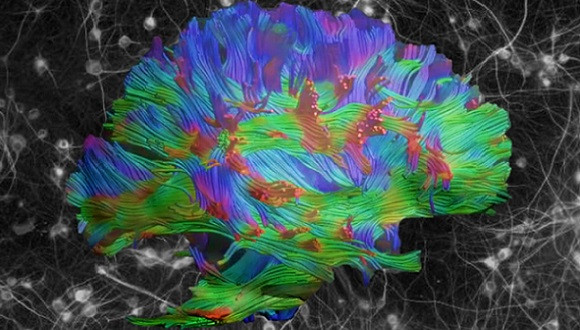Neurobiology and Behavioral Neuroscience
The mission of the track is to perform a MSc in life sciences within the fields of neurobiology, and behavioral neuroscience. This track provides a wide range of research options that span from the molecular and cellular level up to the entire reptile, rodent and human brain. This program offers a master’s degree with research tools that covers the entire biological spectrum: molecular and cellular methods, genetics, animal behavior, microscopy, histology, brain imaging, electrophysiology and behavior.
About the Program
Neuroscience is burgeoning multi-disciplinary field. Alongside the long-lasting battle in neuroscience to understand the brain and how it works, the influence of neuroscience on technology and the industry became immense in recent years affecting many aspects of our daily lives. The need to understand the mechanisms behind behavior and brain degeneration is larger than ever. While 150 years of modern neuroscience lead to many discoveries and knowledge, there is much more we don’t know and need to explore.
Understanding of neurodegenerative mechanisms and diseases, the relation between brain physiology and behavior are all studied via cutting edge empirical methods. To understand the brain we need research using multidisciplinary approaches and tools. The fields of neurobiology and behavioral neuroscience sit at the heart of this research. The track in neurobiology and behavioral neuroscience provides a prime entering point for a student to take their first steps in neuroscience.
The track offers to perform state-of-the-art research in leading world-class labs throughout the faculty of life sciences including the school of neurobiology, biochemistry and biophysics as well as selected labs within the school of psychological sciences. The track provides a Master of Science degree in Life Sciences in the track of neurobiology and behavioral neuroscience.
Why Neurobiology and Behavioral Neuroscience?
Students in the track of neurobiology and behavioral neuroscience will have access to a large number of elective advanced courses covering all aspects of neuroscience research from the molecular and cellular level to system whole brain investigation. Students can gain training in methods that includes cellular and molecular biology, biochemistry, histology, neuroimmunology, microscopy, electrophysiology, brain imaging (MRI), animal behavior, human behavior and computational modeling.
Program Chair
Neuroscience affects every aspects of our lives. For years the field of neurobiology was centered on exploring the mechanisms behind devastating neurodegenerative diseases such as Alzheimer’s and Parkinson’s disease. Yet, the realization that progress in the battle against such diseases necessitates better understanding of the all levels of this system called the brain.
Exploring new concepts and ideas on brain function, as far-fetched as they may seems, is the only way to reveal the next big finding in neuroscience. In my view, the program in neurobiology and behavioral neuroscience offers a unique setup of a wide range of research labs covering almost all aspects of neuroscience. With a flexible and diverse course program and cutting research technology, this track is the starting point for the future neuroscientist.
|


